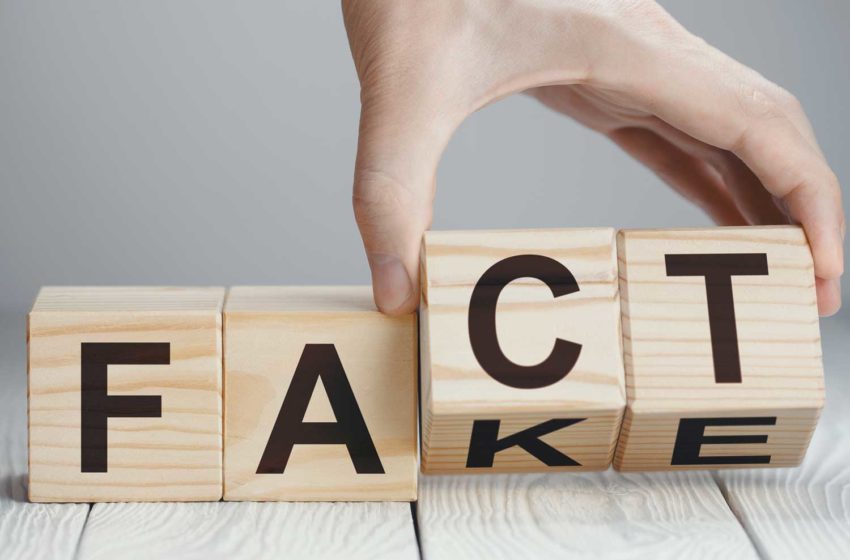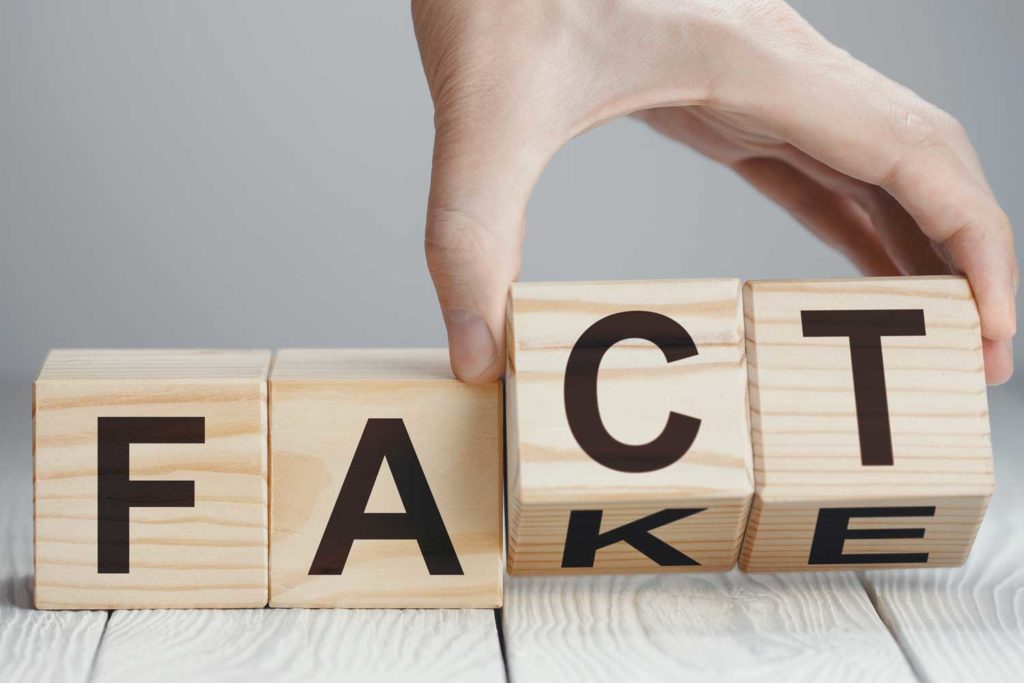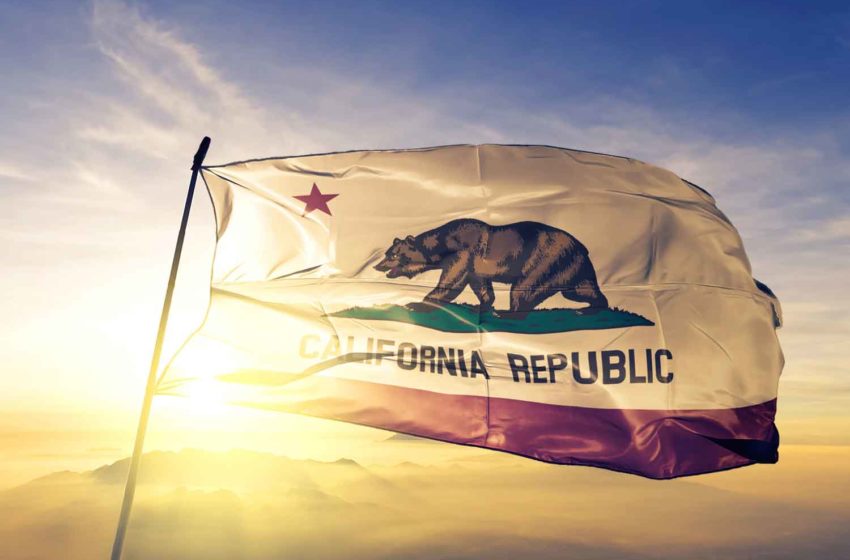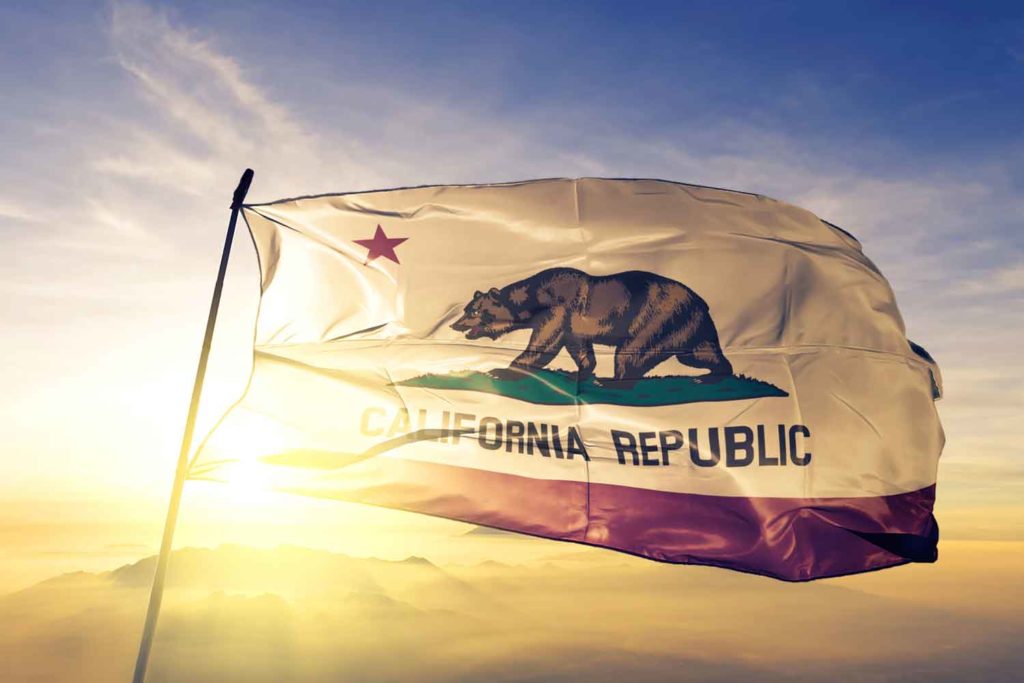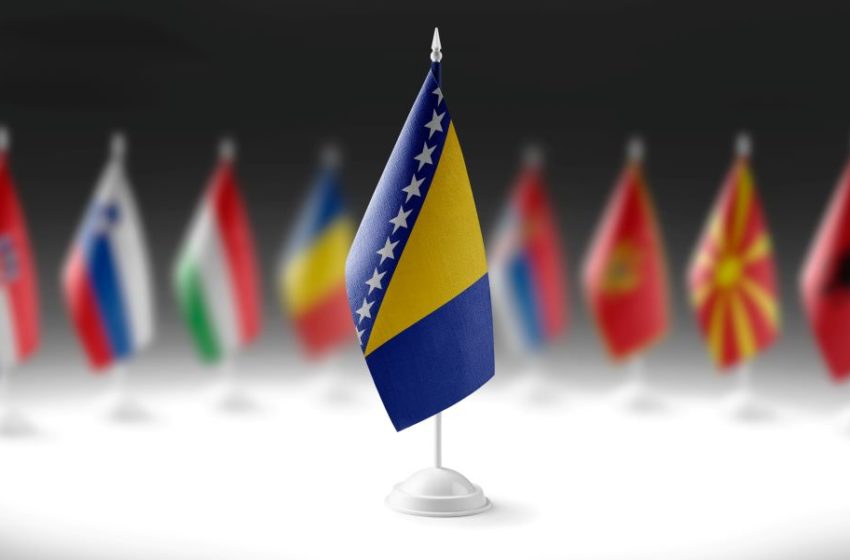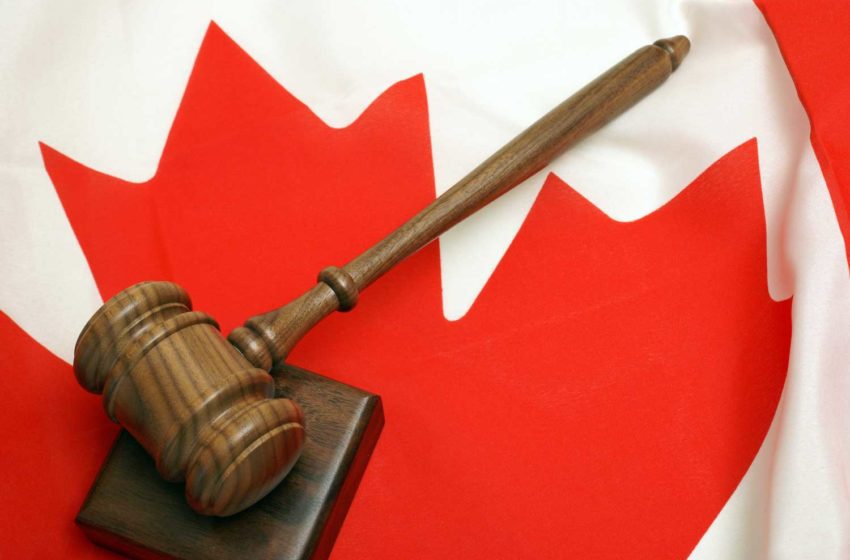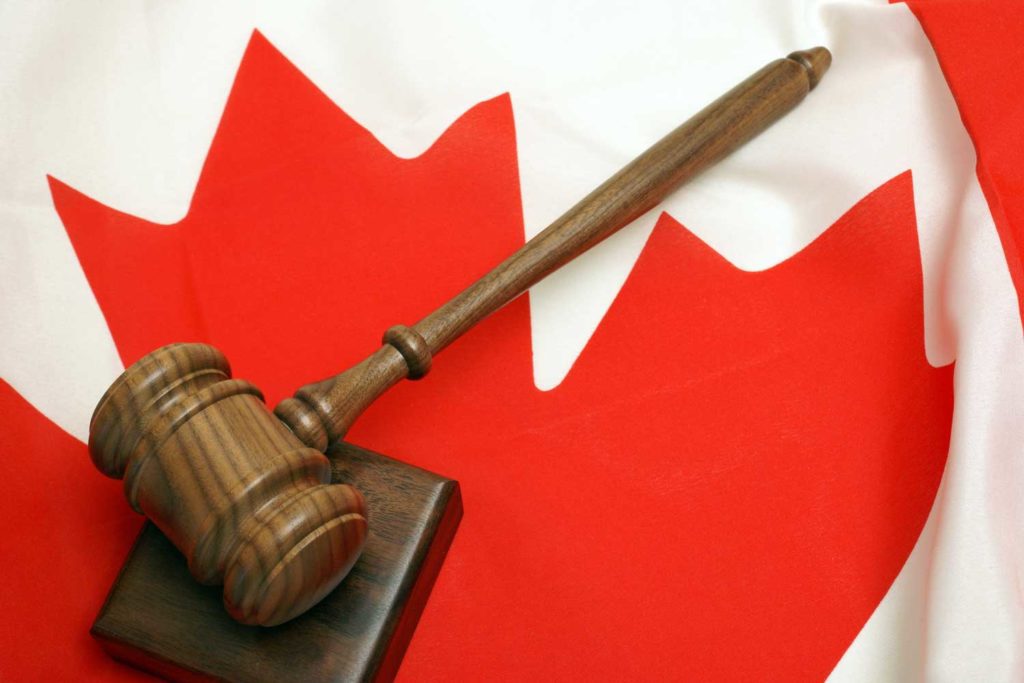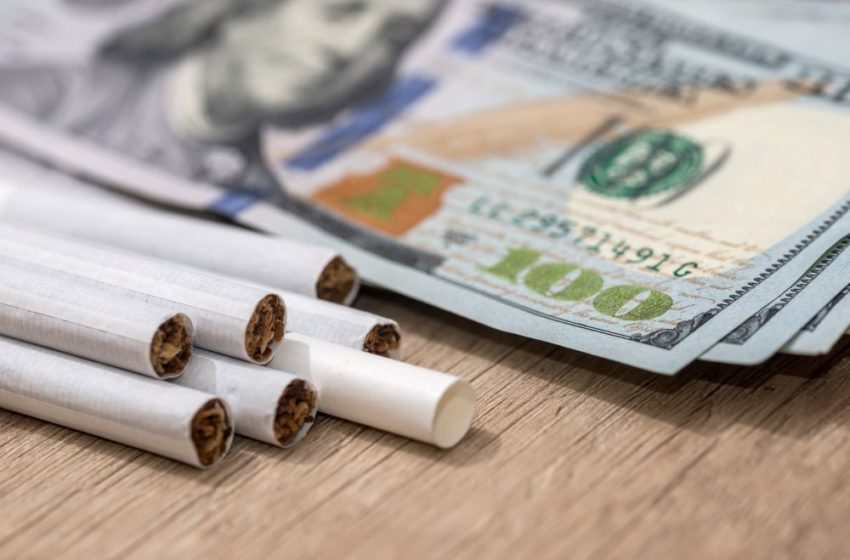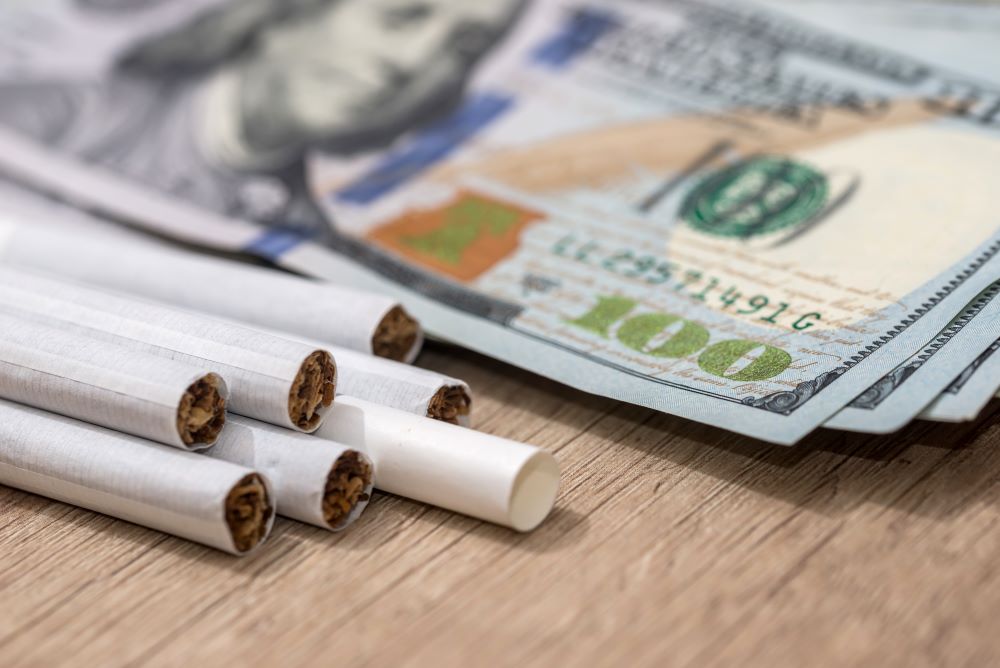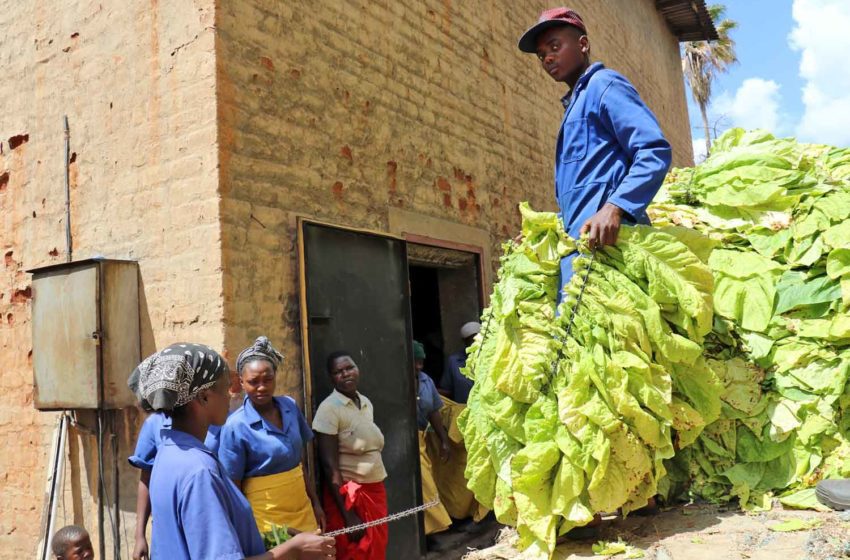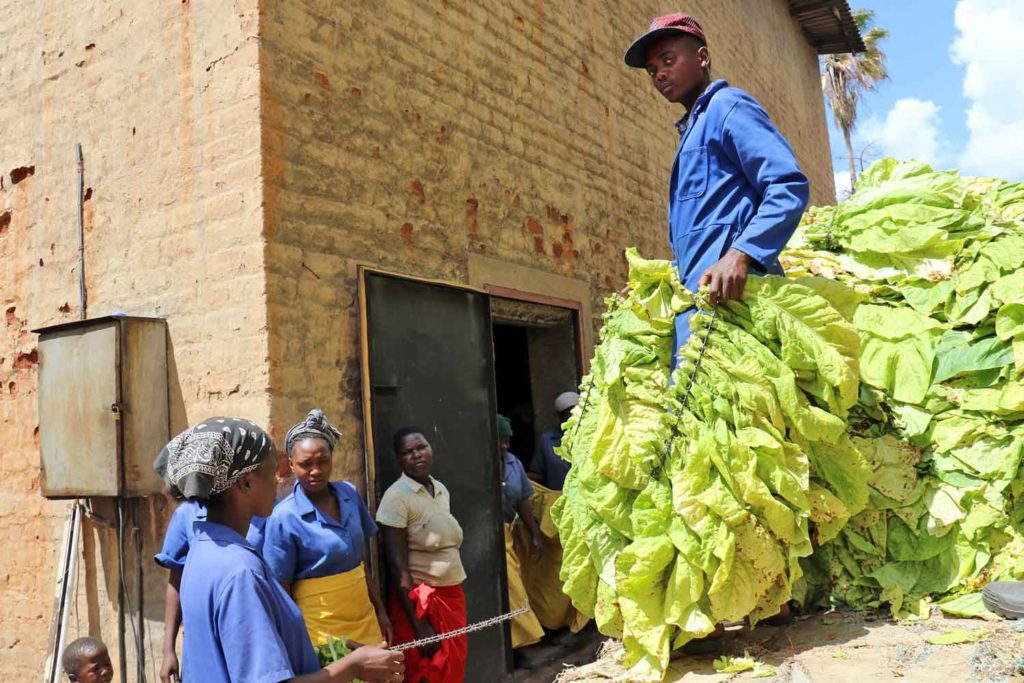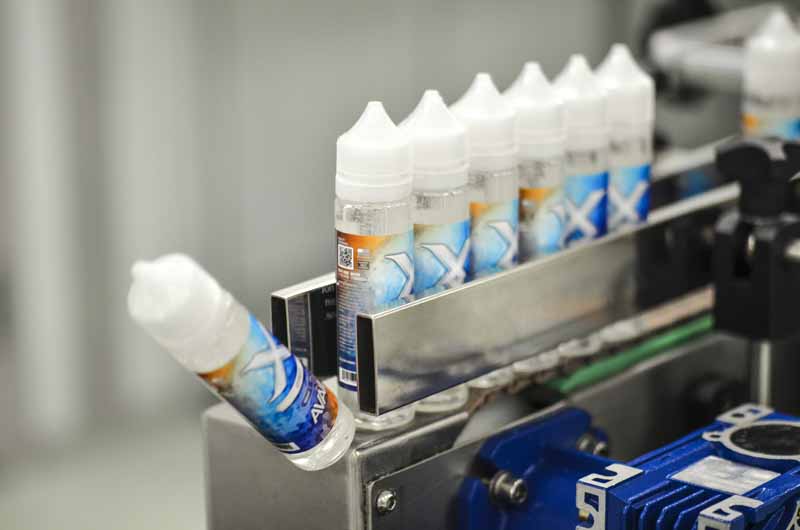
A U.S. court rebuffed Avail Vapor’s appeal of the Food and Drug Administration’s refusal to allow its products on the market, reports Reuters. The ruling is the latest in a series of court orders upholding the agency’s regulation of the e-cigarette industry.
The 4th U.S. Circuit Court of Appeals on Dec. 12 found that the FDA had acted within its authority in rejecting Avail Vapor’s premarket tobacco product applications.
In 2016, the FDA determined that e-cigarettes were subject to its regulation and gave manufacturers until 2020 to apply for approval of vapor products.
Avail Vapor sought approval for its products in 2020, telling the FDA that they could help smokers quit by switching to e-cigarettes. The company said it had measures in place that would ensure that its liquids would not be sold to minors.
The FDA denied the application in 2021, saying that the company had not presented long-term studies supporting its claim that its products, which included fruit flavors, were more effective at helping smokers quit than tobacco-flavored liquids, which the agency has said are less appealing to minors.
Avail lost an administrative appeal and then petitioned the 4th Circuit to overrule the agency. The company argued that the FDA failed to inform applicants in 2019 that they would need long-term studies. It also said the agency was obligated to consider the sales plan.
Circuit Judge J. Harvie Wilkinson wrote that Avail “encourages us to neglect the forest for the trees” by focusing on procedural objections rather than the FDA’s mandate to protect public health.
The FDA has denied more than 55,000 applications from e-cigarette products. Those denials have been previously upheld by the D.C. Circuit, 3rd Circuit and 7th Circuit.



